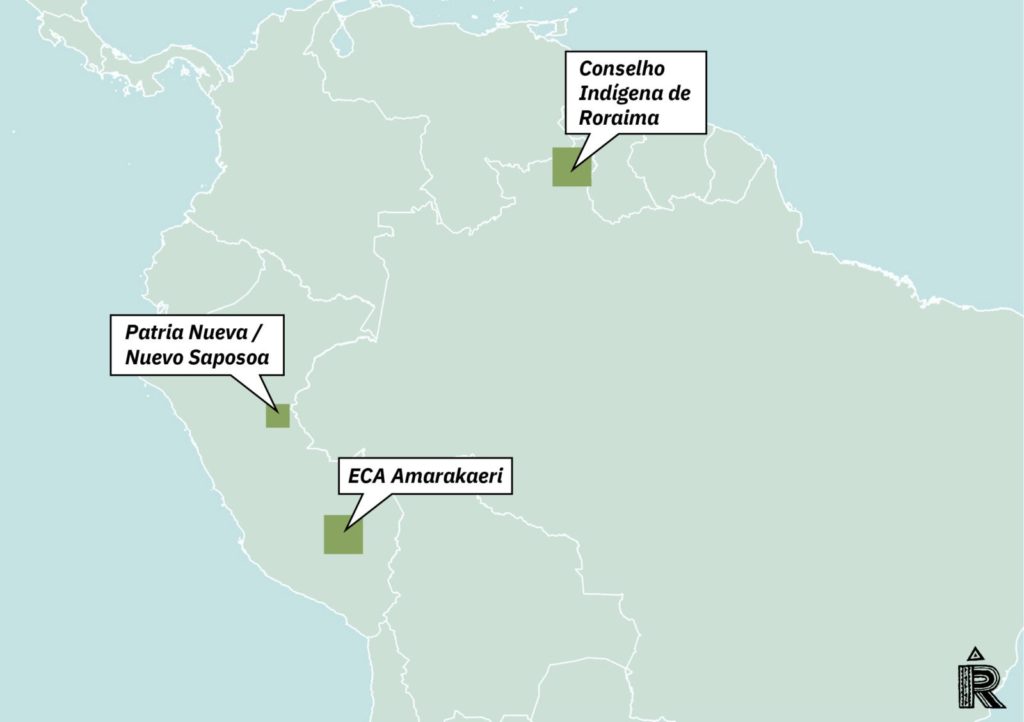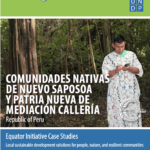Congratulations ECA Amarakaeri, Patria Nueva / Nuevo Saposoa from Peru, and Conselho Indígena de Roraima from Brazil
With so much focus on policy, technology and the latest upheavals in the fight against climate change and forest loss, it’s easy to forget that that real change starts on the ground with communities stepping up to face the threats at their doorstep. Fortunately, the UN’s Equator Prize recognizes these communities and their efforts to protect their forests, landscapes, and people at the far corners of the map. The Equator Initiative reviews nearly a thousand community based projects from over 100 countries, and selects those that show exceptional innovation and leadership in the fields of sustainable development, land security and conservation.

This year’s award winners include three of Rainforest Foundation’s closest partners in South America
The Amarakaeri Reserve in Peru’s Madre de Dios province is the largest indigenous communal reserve in the country, and it received the Equator Prize in recognition of successfully protecting 402,335 hectares of tropical forest while also advancing alternative livelihoods for local families and communities. Amarakaeri was among the first communal reserves in Peru – areas that recognize traditional lands as protected areas – and pioneered both community environmental monitoring as well as livelihoods initiatives, and fending off oil exploration. The Amarakaeri ECA – the indigenous organization that leads protection efforts in Amarakaeri – shares their Prize with the Tuntanain ECA, further north in the Peruvian Amazon.
On the other side of the Amazon Basin, our friends at the Conselho Indigena de Roraima (CIR) are being celebrated for securing 1.7 million hectares of customary land, home to over 55,000 indigenous people, and a treasure trove of traditional crop varieties that were under severe threat of extinction from northern Brazil’s aggressive ranchers and rice growers. Unfortunately, CIRs fight might only be revving up again, as their territory Raposa Serra do Sol is high on Brazilian President Bolsonaro’s hit list.
Finally, two Shipibo / Conibo communities very near and dear to our heart – Patria Nueva and Nuevo Saposoa in Peru’s Ucayali Province on the fringes of Sierra Divisor National Park – were awarded the Equator Prize for their concerted and successful efforts to use satellite data and inexpensive tech to eliminate illegal deforestation their territories. This effort was so successful that deforestation rates dropped to zero in their territories by 2018, and their monitoring team was recently tapped by the Sierra Divisor National Park to serve as external park guards, keeping track of illegal activity at key entrances to the park and stopping a rash of coca growers before they threaten the park and the indigenous communities that live in its folds.
Check out this video about Patria Nueva and Nuevo Saposoa’s monitoring programs
These three organizations – and all of the Equator Prize Winners – are a source of inspiration to us here at the Rainforest Foundation. Sharing your trails, stories and spending late nights in the forest hammering out community-based solutions to the toughest conservation challenges is what keeps us motivated each step of the way. We look forward to seeing you at the Global Climate Summit in New York this September and to many more years of working together.
Read the full report:









